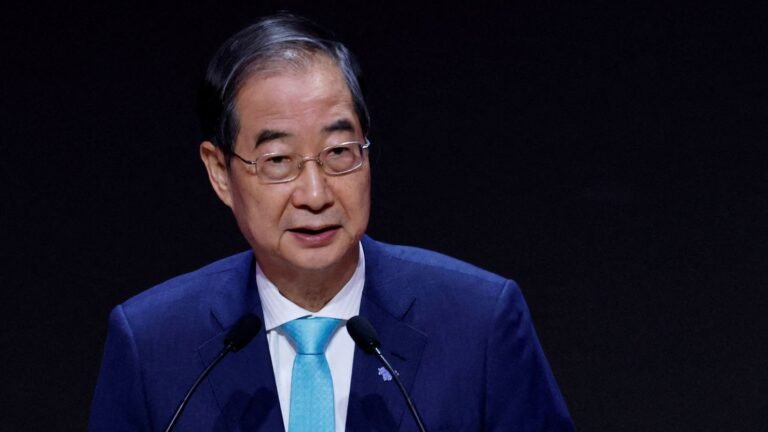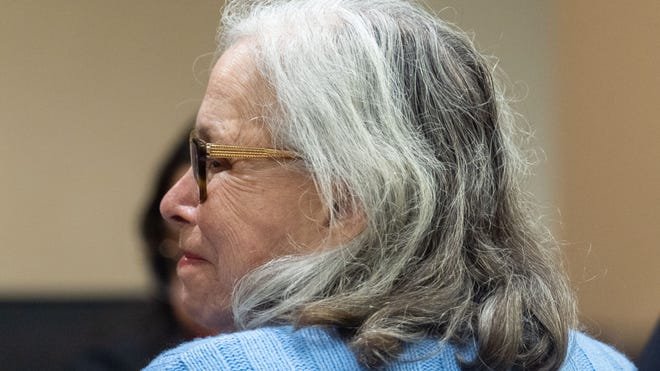
South Korea’s special counsel team said Tuesday it will indict former first lady Kim Keon Hee on Friday, with physical detention, over corruption allegations. The announcement comes just before her pretrial arrest period expires on Sunday, creating a legal deadline for prosecutors to act.
Assistant special counsel Oh Jeong-hee confirmed the date during a press briefing, underscoring earlier reports that the indictment could come before the weekend. Under Korean criminal procedure, prosecutors cannot hold a suspect indefinitely. Once a court-approved detention period is set, charges must be filed before it lapses, or the suspect must be released.
If the indictment proceeds, Kim will become the first spouse of a former South Korean president to face criminal prosecution while in custody. Her husband, former President Yoon Suk-yeol, is already standing trial from jail on insurrection-related charges. The dual prosecutions of both a former head of state and a former first lady mark an unprecedented moment in South Korea’s political and legal history.
Legal significance of “physical detention”
In South Korean law, indictment “with detention” means prosecutors believe the charges are serious enough to warrant keeping the accused behind bars until trial. Courts allow this only when there’s a risk of evidence tampering, flight, or ongoing criminal conduct. For Kim, the decision to proceed with detention suggests investigators convinced judges that her case meets this threshold.
The corruption probe
The investigation into Kim Keon Hee has focused on allegations of financial misconduct and possible abuse of influence during her tenure as first lady. While prosecutors have not released a detailed list of charges, the corruption framework under Korea’s Criminal Act covers a wide spectrum, from bribery to illicit asset transfers. If convicted, penalties could range from multi-year prison sentences to heavy fines, depending on the severity of the offenses.
Pretrial detention deadlines
Kim’s custody was initially granted on a temporary basis. Under Korean criminal procedure, a suspect can be detained for a maximum of 20 days before prosecutors must either indict or release them. Extensions can only be granted under strict conditions. Her pretrial arrest expires Sunday, forcing the special counsel to act by Friday to avoid legal complications.
Political and institutional impact
The case adds to the turbulence in South Korea’s political system, still unsettled after last year’s impeachment crisis. Supporters of the investigation argue that it shows no one is above the law, while critics warn that prosecuting both a former president and first lady could deepen political divisions.
Legal experts note that South Korea’s courts have historically played an active role in checking political power. The simultaneous trials of Yoon and Kim may test how resilient those institutions are, especially as public opinion remains sharply polarized.
The indictment scheduled for Friday is expected to spark wider debate over presidential immunity, the accountability of political spouses, and the evolving role of the judiciary in enforcing checks and balances at the highest levels of government.
Author

Latest entries
 Donna Adelson Trial2025-09-05Donna Adelson Found Guilty on All Counts in Dan Markel Murder Case
Donna Adelson Trial2025-09-05Donna Adelson Found Guilty on All Counts in Dan Markel Murder Case True Crime2025-09-03Epstein Files: Survivors Break Silence on Capitol Hill
True Crime2025-09-03Epstein Files: Survivors Break Silence on Capitol Hill US2025-09-03Cardi B Assault Trial Verdict — She’s Not The Drama
US2025-09-03Cardi B Assault Trial Verdict — She’s Not The Drama US2025-08-30Jim Crow Era — Louisiana’s Split Juries Problem and the Limits of Retroactivity
US2025-08-30Jim Crow Era — Louisiana’s Split Juries Problem and the Limits of Retroactivity






